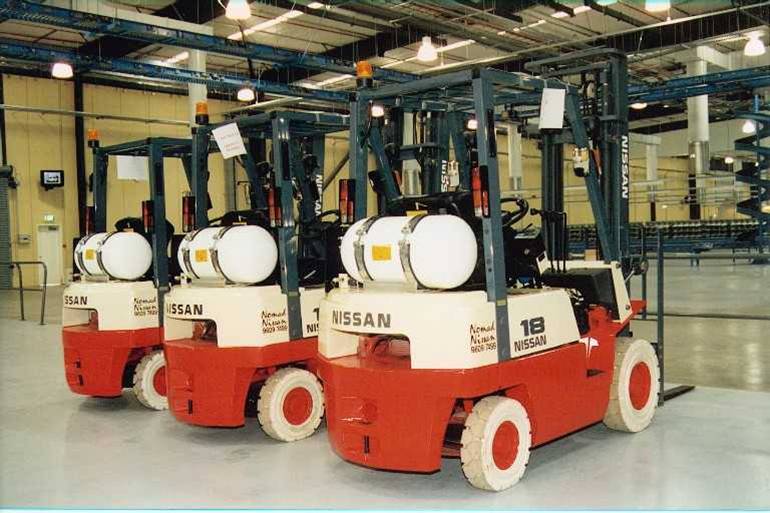In today's competitive business landscape, optimizing warehouse operations is crucial for companies to stay ahead. One key aspect of warehouse management is the utilization of efficient forklift fleet. As technology continues to advance, more and more warehouses are making the transition from traditional internal combustion forklifts to electric forklifts. In this article, we will explore the various benefits that electric forklifts offer for your warehouse operations.
1. Cost Savings
Switching to electric forklifts can result in significant cost savings for your warehouse operations. Electric forklifts have lower fuel and maintenance costs compared to their internal combustion counterparts. Since electric forklifts run on rechargeable batteries, the cost of powering them is considerably less than constantly refueling and maintaining internal combustion engines. Additionally, electric forklifts have fewer moving parts, reducing the need for frequent repairs and replacements, ultimately saving on maintenance expenses.
By investing in electric forklifts, your warehouse can experience long-term cost savings, allowing you to allocate resources to other areas of your business.
2. Environmental Friendliness
In today's environmentally conscious world, sustainability is a key consideration for many businesses. Electric forklifts are an eco-friendly alternative to internal combustion forklifts. They produce zero emissions, resulting in a cleaner and healthier working environment for your warehouse staff. By eliminating harmful pollutants such as carbon emissions and noise pollution, electric forklifts contribute to a more sustainable and eco-friendly warehouse operation.
Choosing electric forklifts showcases your commitment to environmental stewardship, which can enhance your company's reputation and attract environmentally-conscious customers.
3. Enhanced Safety
Safety is of utmost importance in warehouse operations. Electric forklifts offer several safety advantages over traditional internal combustion forklifts. Firstly, they do not emit exhaust fumes, providing a safer and healthier working environment with improved air quality.
Additionally, electric forklifts are quieter than their gasoline or diesel-powered counterparts, reducing noise levels in the warehouse and improving overall communication and situational awareness. This can help prevent accidents and injuries by allowing employees to hear warning signals and communicate effectively with one another.
Furthermore, electric forklifts have a lower center of gravity due to the placement of their batteries, which contributes to increased stability and reduces the risk of tip-overs. Electric forklifts also have features such as automatic braking and anti-roll-back systems, further enhancing safety during operation.
4. Improved Efficiency
Electric forklifts are designed to provide excellent maneuverability and control. They have precise acceleration and braking capabilities, allowing for smoother and more efficient operation within the warehouse. Electric forklifts also offer instant torque, enabling them to quickly navigate through narrow aisles and tight spaces.
Furthermore, electric forklifts have longer run times compared to internal combustion forklifts. With proper battery management, electric forklifts can operate for several hours before requiring a recharge. This reduces downtime for recharging and increases overall productivity within the warehouse.
Electric forklifts also offer the advantage of regenerative braking, which converts energy back into the battery when decelerating or stopping. This feature not only extends the battery life but also recovers energy that would have otherwise been wasted, leading to improved energy efficiency.
5. Government Incentives
Many governments and municipalities offer incentives for businesses that choose electric forklifts over internal combustion options. These incentives can come in the form of tax credits, rebates, or grants. By making the switch to electric forklifts, your warehouse may be eligible for these incentives, further reducing the cost of adopting electric forklifts.
In conclusion, the benefits of electric forklifts for warehouse operations are numerous. From cost savings and environmental friendliness to enhanced safety and improved efficiency, electric forklifts offer a powerful solution for optimizing warehouse operations. If you are looking to transform your warehouse into a more efficient and sustainable operation, consider investing in electric forklifts. Contact HCO Innovations, a leading provider of warehouse optimization and forklift fleet management solutions, to explore how they can help you navigate the transition to electric forklifts and unlock the benefits for your warehouse.

